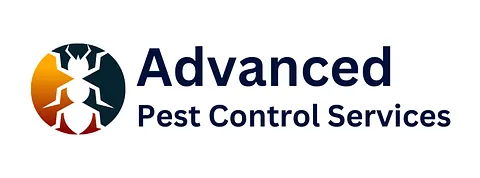02/12/2024 0 Comments
The Importance of Effective Pest Control in Urban Environments
Understanding Urban Pest Challenges
In urban settings, the presence of pests, such as rodents and insects, poses a significant challenge. Among these, rats have become notorious for causing damage to property and posing health risks to humans. The rapid urbanisation and the complexity of our urban infrastructure create ideal conditions for these pests to thrive. The problem is further exacerbated by the availability of food sources, including waste, which attracts various creatures. Understanding the reasons behind these infestations is the first step towards effective pest control.
Rodent Control: A Priority for Public Health
Rodents, particularly rats, are often carriers of harmful diseases. Their ability to reproduce quickly means that an infestation can escalate rapidly if left unchecked. Effective rodent control involves several methods, including the use of traps, baits, and environmental modifications. Ensuring that properties are sealed against entry points can significantly reduce the likelihood of infestation. Regular monitoring and maintenance can further mitigate the risks associated with these pests and protect public health.
The Role of Professional Pest Control Services
Engaging professional pest control services is vital for addressing infestations effectively. These services offer expertise in identifying pest species, understanding their behaviours, and implementing targeted strategies for eradication. Professionals often use an integrated pest management (IPM) approach, which combines scientific knowledge with practical techniques to manage pest problems. This methodology not only focuses on eliminating pests but also emphasises prevention, which is crucial for long-term success.
Wasp Control: An Increasing Concern
Another common pest in urban areas is the wasp. Nests can often be found in gardens, attics, and eaves, presenting a potential threat to public safety, especially for those allergic to wasp stings. Wasp control requires careful handling, as disturbing a nest can prompt aggressive behaviour. Professionals employ techniques that ensure the safe removal of these nests while minimising risks associated with handling stinging insects.
Ant Pest Control: The Tiny Invaders
Ants, though small, can create significant nuisances for homeowners and businesses alike. Carpenter ants, for example, can cause structural damage, while others may invade kitchens in search of food. Ant pest control strategies often focus on pinpointing the colony’s location and employing bait systems that re-route the ant’s foraging behaviour. By targeting the colony, rather than merely dealing with the scouts, pest control can effectively eradicate the problem.
The Value of Prevention and Education
Education about pest behaviour and preventive methods is essential in pest control. Homeowners and businesses can benefit greatly from understanding the habits of common pests and how to deter them. Simple measures, such as sealing cracks, maintaining cleanliness, and proper food storage, can go a long way in preventing infestations. By fostering a proactive rather than reactive approach, communities can reduce the overall reliance on pest control interventions.
The Future of Pest Management
The pest control industry continues to evolve, embracing innovative techniques and eco-friendly solutions. Advances in technology, such as smart traps and monitoring systems, are enhancing the effectiveness of pest management strategies. Additionally, there is a growing emphasis on sustainable practices that minimise the impact on the environment. As urban areas continue to expand, the need for effective pest control solutions will remain paramount in ensuring a healthy living environment.

Comments
Leave a comment